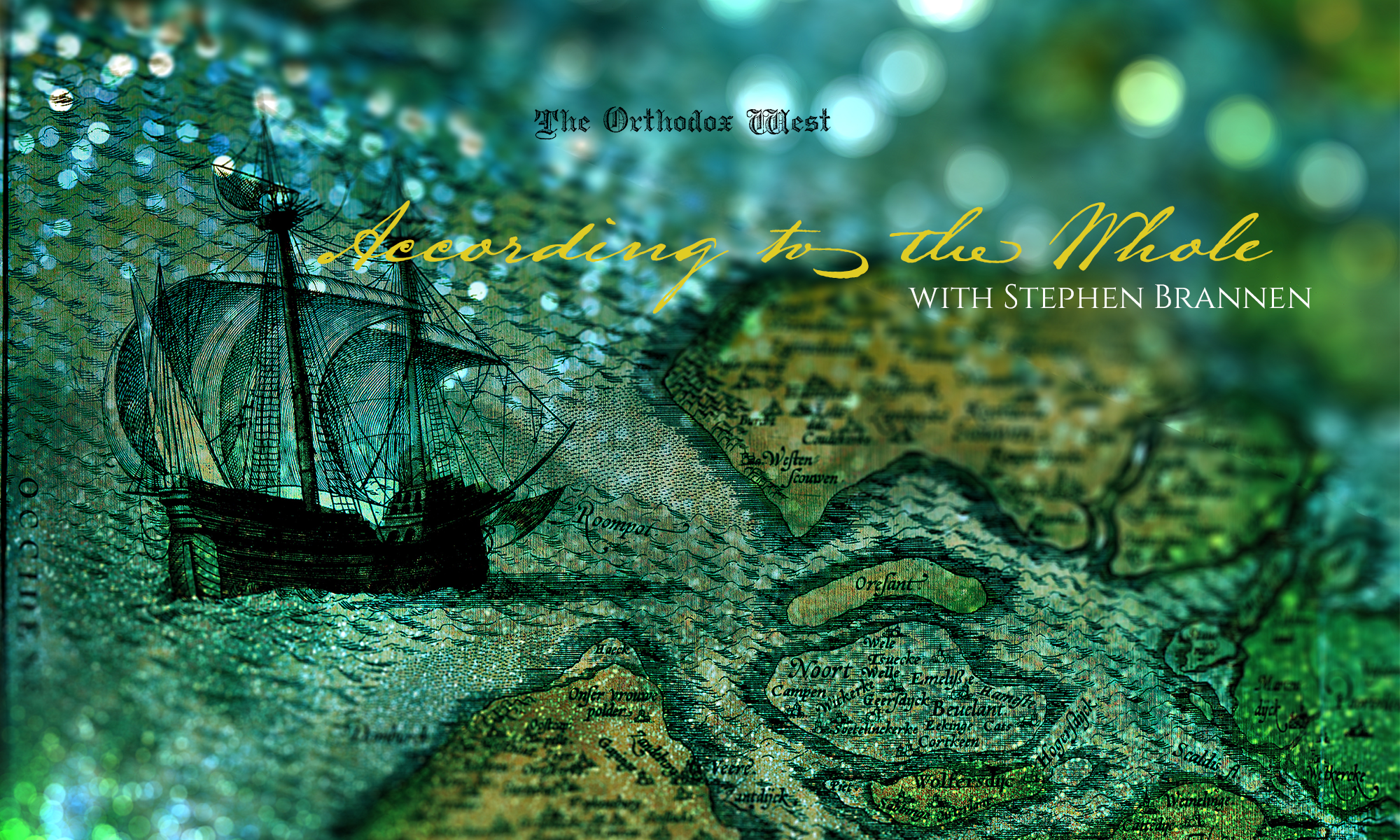In the carol “Good King Wenceslas“, we sing that the good king went out to serve a peasant gathering firewood “on the feast of Stephen”. The feast of Stephen is the day after Christmas in the Western calendar [two days after Christmas on the Eastern calendar] and celebrates St. Stephen, the first martyr for Christ (and my Patron Saint). In Acts, chapters 6 and 7, we read that Stephen was chosen to be a special servant of the Church in Jerusalem because he was full of faith and of the Holy Spirit. It was in the context of his role as a servant that he was enabled to do miracles among the people, and this drew attention to him both among those open to the Truth of Christ and among those opposed to it. The enemies of the Church soon had Stephen arraigned before a hostile court that threw him out of the city and put to death by stoning.
The proximity of the feast of St. Stephen to Christmas reminds us that the coming of the Prince of Peace is no guarantee of an untroubled life for his followers. Just the opposite in fact: Jesus promised his followers that they would have struggles, that they would have to pick up and carry crosses, just like him. St. Stephen’s example shows us that the way of martyrdom is the prototypical way of the Christian.
Continue reading “On the Feast of Stephen”


